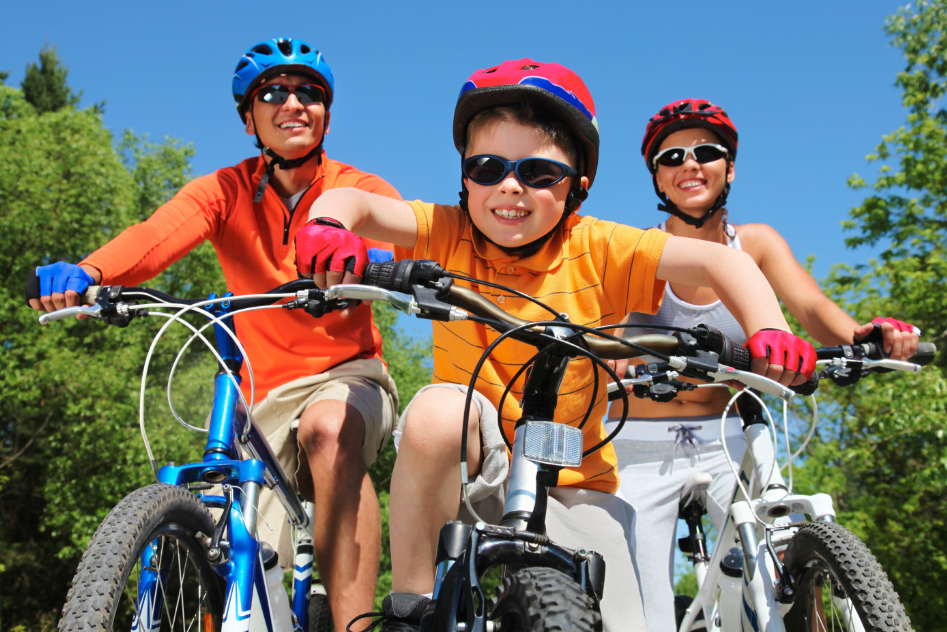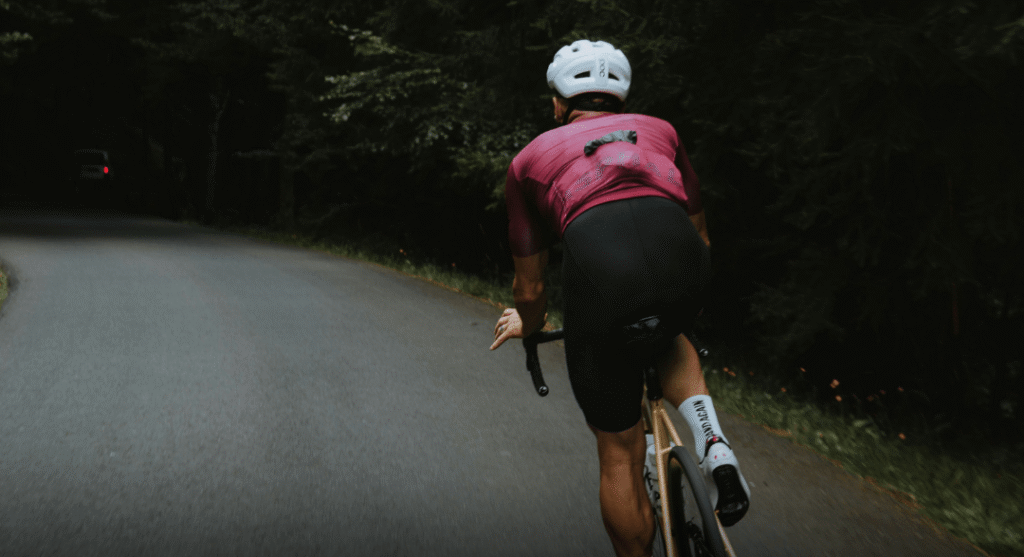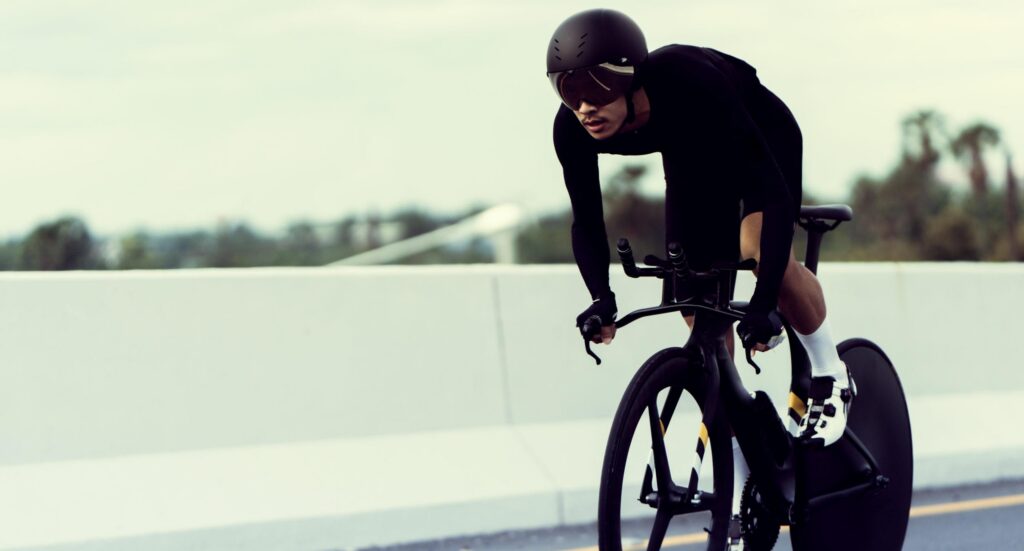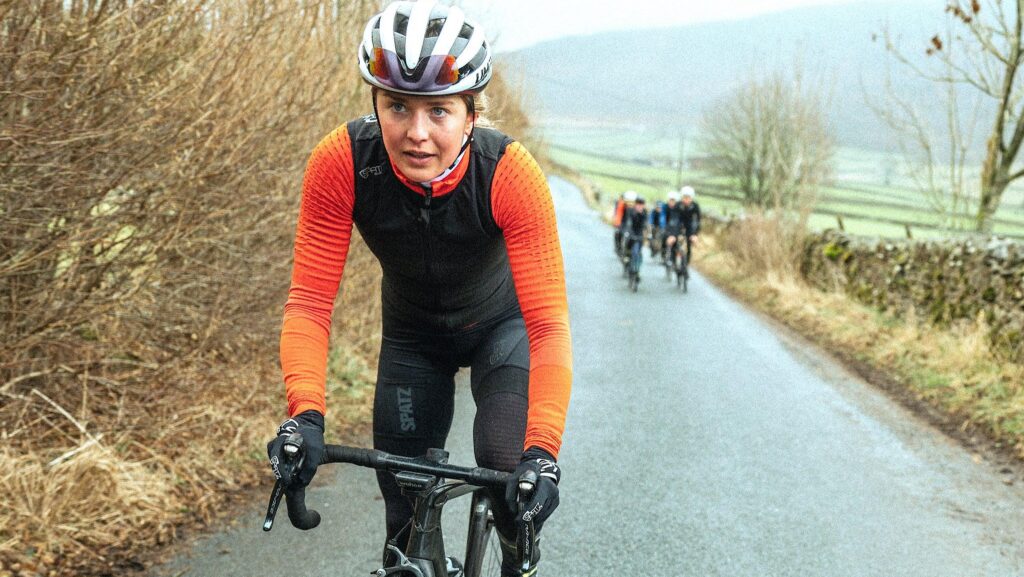We’ve all been guilty of it and if you’re anything like me then you would have paid the price multiple times. Eating whilst on the bike and fuelling correctly for your rides is crucial to maintaining energy levels and endurance during long rides. Get it wrong and you’re likely to experience the dreaded ‘bonk’ or as it’s also more commonly referred to, ‘to blow’. Obscure cycling terminology aside, ‘blowing’ can sometimes be an inevitability on a long ride, but the good news is that it can be fought off, quite simply by eating and drinking. Phew!
While there are plenty of specialist energy bars, gels and sports drinks on the market which are super convenient when racing or on long rides, it’s important to remember that natural foods also provide an excellent source of sustained energy as well. Personally, I prefer to eat natural whole foods where possible on training rides (I’m not sure my body agreed with the amount of processed high energy products I consumed when I raced regularly) but even if you’re a weekend social rider, it’s worth considering natural fuel as well as processed nutrition.
With that in mind, here are my top six natural foods to eat whilst on a bike ride*:
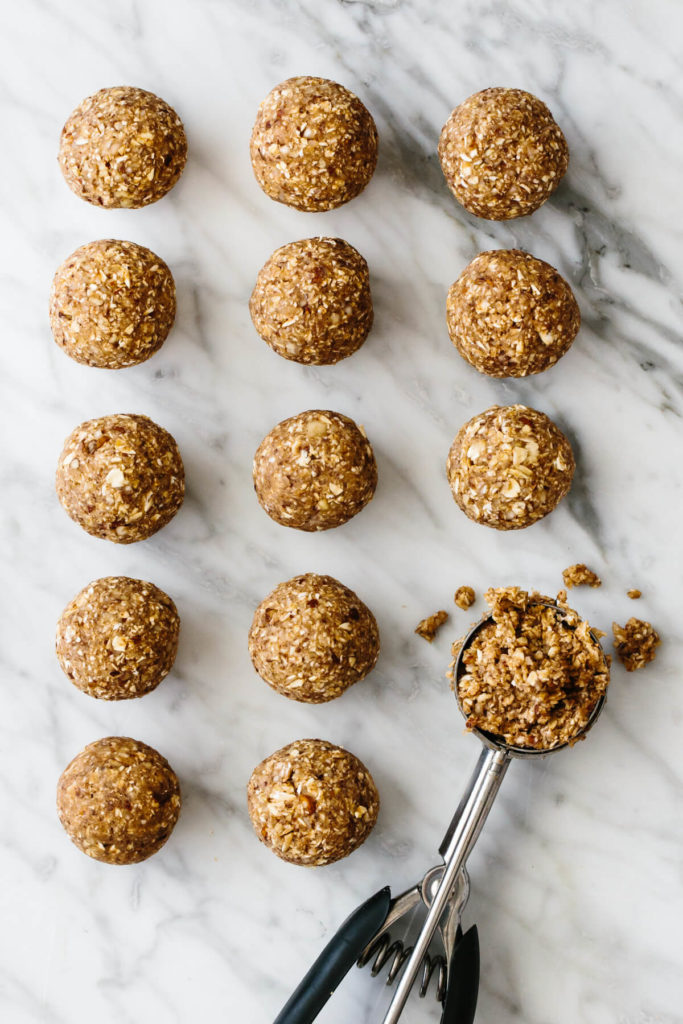
Before you ride
Eating a good meal in the lead up to a long bike ride is something that you need to do to ensure that your body has the fuel it needs to perform at its best. Eating a meal of complex carbohydrates like whole grain rice, fruits and vegetables should be the foundation of your diet, along with lean protein sources like chicken, fish, and beans. Contrary to popular belief, you don’t need to go crazy on the portion size the night before a big training ride or event, the important factor being that you have actually eaten a good meal the night before.
On the morning of the the ride, ideally you want to be eating a good low GI food (meaning they release carbohydrates at a slower rate) such as porridge, muesli, granola with yoghurt, scrambled eggs with wholegrain toast or a fruit smoothie. Be sure to have a good drink also and don’t go too crazy on the coffee…
During the ride
Bananas
Let’s kick things off with the trusty banana. Easily digested, bananas are a great source of carbohydrates with 25-35g per banana, and are high in potassium which can help to replace some of the electrolytes lost when you sweat. Bananas are easy to carry, require no preparation and can be bought just about anywhere, making them a convenient snack for cyclists of all abilities. What’s more, they conveniently come in their own biodegradable packaging.
Dates
Dates are the natural fruit equivalent of wolfing down a load of Haribo sweets or eating gels – three dates will provide 200 calories. They are a great source of carbohydrates, fibre, proteins and other nutrients (including B vitamins, vitamin K, calcium, iron, magnesium, potassium, zinc, and manganese), some of which act as antioxidants, which can help to reduce inflammation and promote recovery after exercise. Dates are easy to carry and can be eaten on their own or mixed with nuts or other dried fruits (you could even fill them with peanut butter) for a tasty and energy-dense snack that fits nicely in your back pocket or bento box.
Nuts and seeds
Nuts and seeds are packed with protein, healthy fats, and fibre, all of which are important for sustained energy during exercise and often form the basis of many processed nutrition bars. What’s more the power of nuts has the power of science to back it up – in 2014, researchers discovered that when trained cyclists consumed 75g of almonds before an indoor cycling session they covered greater distances with more efficient performance than cyclists in their trial who had the same number of calories.
If that wasn’t good enough to convince you, you can also find a great mixture of protein, carbohydrate, fats and nutrients (including magnesium, calcium, iron, zinc, folates and vitamin E) – all of which can help muscle recovery and allow your body to make the most from the fuel it has.
Dried fruits
Dried fruits like raisins, apricots, and cranberries are a great source of carbohydrates and fibre, both of which can help to maintain energy levels during exercise. They’re also rich in vitamins and minerals, making them another healthy food choice when cycling. Dried fruits are easy to carry and can be mixed with nuts or other snacks for a tasty and energy-dense trail mix.
Rice cakes
Rice cakes with nut butter and / or honey are a great option when a more substantial snack is needed. Made from brown rice and other whole grains, they provide a slow-release source of carbohydrates that can help to maintain energy levels during long rides.
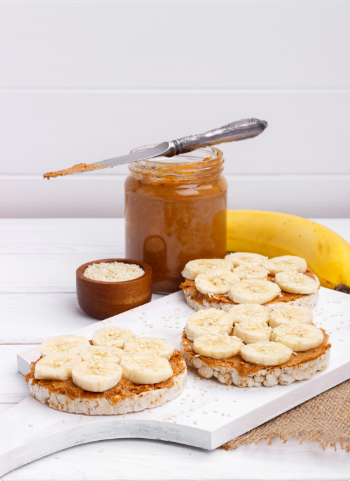
Homemade energy balls
These are a great way of combining all the goodness of nuts and dried fruit in an easy to grab snack; whether you want to consume these snacks before, after, or during your ride. My favourite energy ball recipe can be found over at the EF Education website. You only need a blender or food processor, along with 4 basic ingredients: Oats, dates, chia seeds and agave nectar. Once blended, shape into balls and stick them into the fridge for about 30 minutes. Et voilà, homemade energy balls-DONE!
Anything else I can do?
Yes, stay hydrated! In addition to devouring these natural foods, staying hydrated during rides is equally as important. Staying hydrated replaces the water lost through sweating and is essential for thermoregulation, helping to prevent cramps, heat exhaustion and heat stroke. Although water is a good choice for staying hydrated, studies have found that a 340ml serving of coconut water has more potassium than a banana. However, for very strenuous exercise, it doesn’t quite have enough sodium to replace what’s lost when sweating in comparison with electrolyte sport drinks.
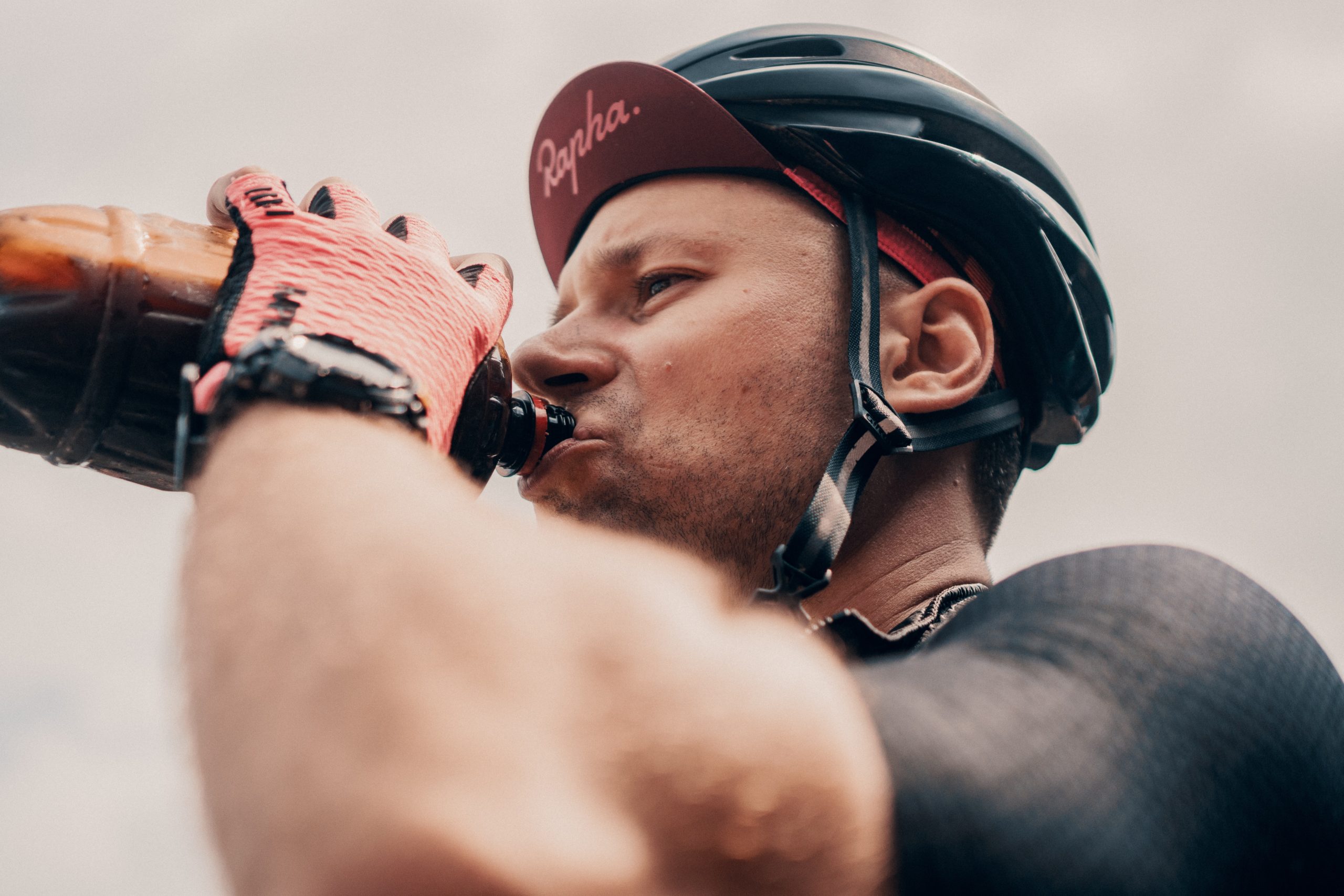
In conclusion, natural foods can provide an excellent source of sustained energy for cyclists during long rides. All of the options I have listed can be easily carried and eaten on the go. By fuelling your body with nutrient-dense natural foods and staying hydrated during your rides, you have far greater control over your energy levels which will mean you get the most out of your training or give a better result when taking part in a sportive or race.
*Disclaimer: I am not a nutritionist or a dietician and therefore everything contained in this blog has come from my experiences as an ex-professional cyclist, and from research online which has been referenced.

